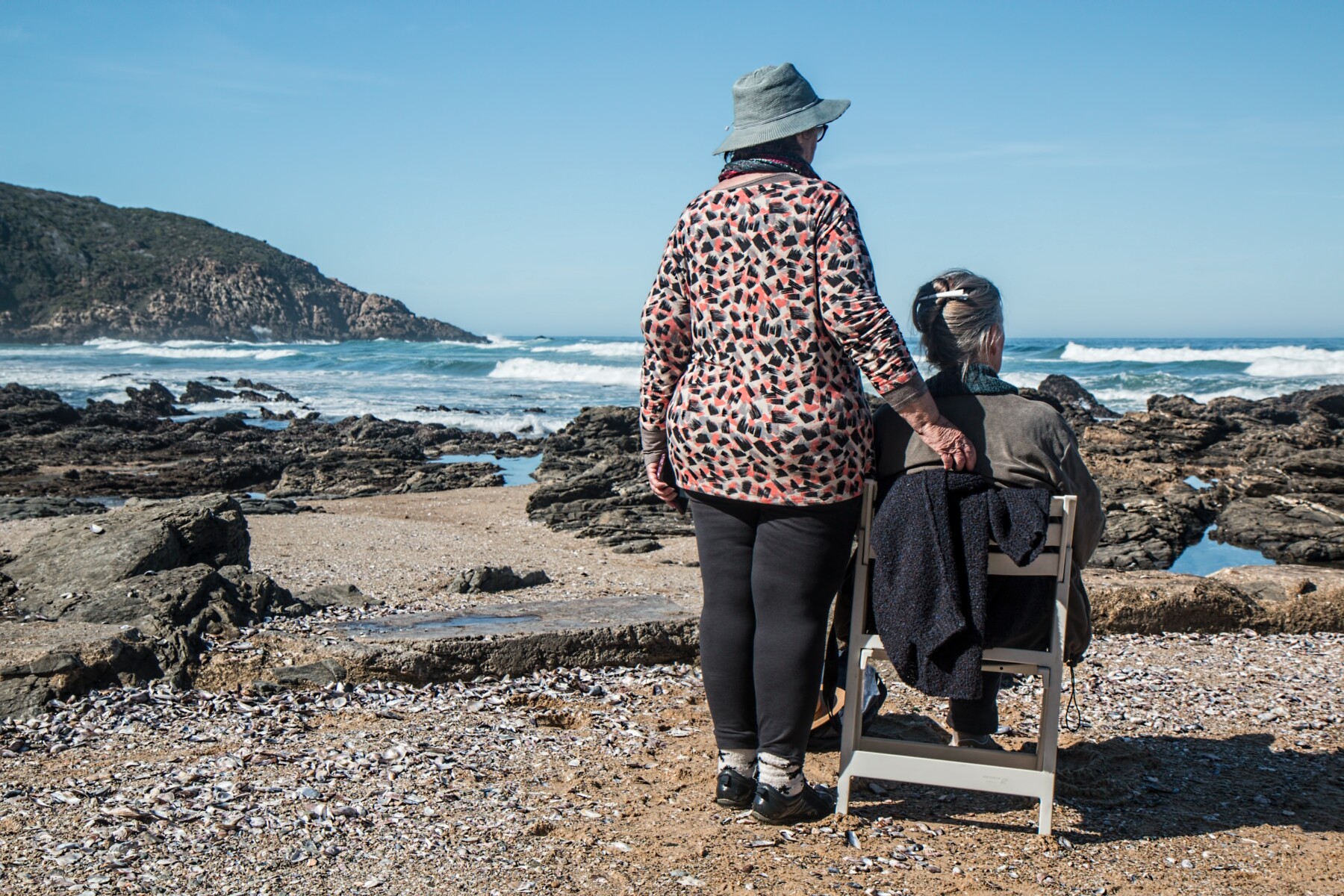People often talk about ‘going into care’ or ‘receiving care’ as though these are single events or destinations. The reality is that everyone’s care journey is unique. At different times, an individual might need more or less care, or different types of care.
Care is sometimes needed for a short period to help somebody recover from illness or an operation. Often, it’s a progressive journey where needs gradually change with increasing levels of dependency.
Nobody can really predict how an individual’s care needs are likely to evolve, or at what rate. As a care provider an important part of what we do is to continually assess the support that our clients need and to adjust their care plans to suit. In most cases a formal annual review of the care plan is enough but sometimes it needs to be more frequent or is triggered by an event such as illness.
Flexibility is essential so that we can achieve the right balance between care support, wellbeing and maintaining independence. A good quality of life is every bit as important as looking after personal and healthcare needs.
Anticipating Change
Part of the process is to anticipate changes, particularly where care needs are likely to increase over time. This relies on getting to know clients really well. We can then build trust by demonstrating to clients and their families that decisions are always made in their best interests and reflect their wishes.
This relationship is critical in making the care planning process work effectively, in a way that consistently meets clients’ needs.
One helpful consideration when choosing a care provider is to think about how needs may change over time. Because relationships are important, it can be useful to look at the range of services the provider offers should they be needed in future.
Altogether Care is able to respond to changes in the level of dependency over time. All staff are well trained to manage any increase in requirements, including moving and handling, care planning and dementia awareness.
Our services range from help with personal care in your own home, through to nursing care to assist with dementia, Alzheimer’s, epilepsy, strokes and much more. As needs change, we can support our clients through each stage of their care journey. They have the reassurance that they are always dealing with a team of people who understand them as individuals and can respond to whatever challenges arise.
To talk through our our services with a member of our team, contact us today on 01305 300161 or email contact@altogethercare.co.uk.









